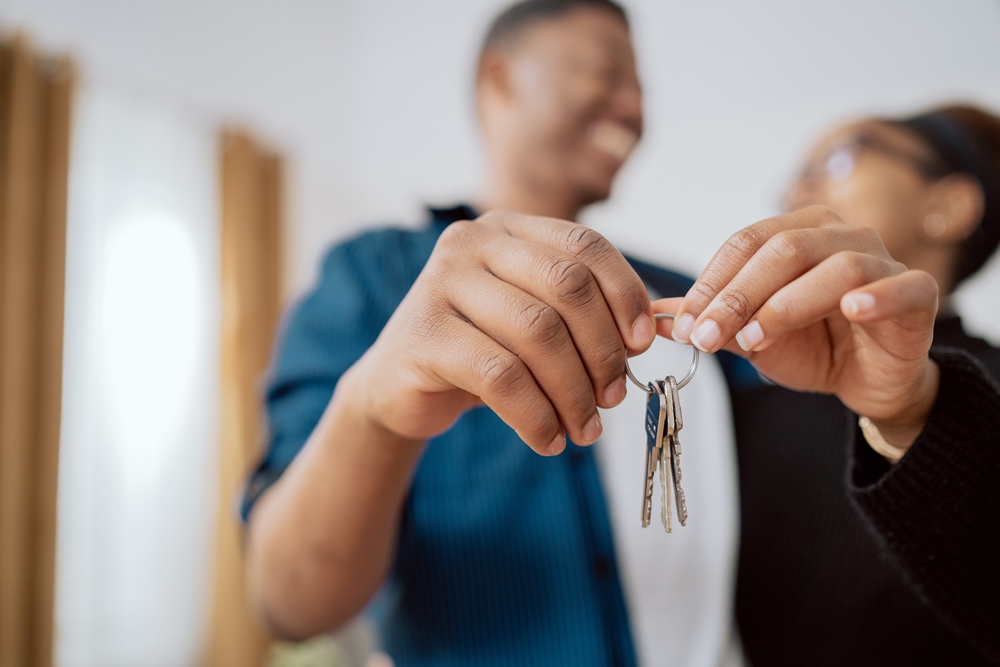Welcome Home: Everything a New Homeowner Needs to Know About Home Insurance

What if you were at risk of losing the largest purchase of your life?
For most people, buying a home will be the most money they ever spend. Once you’ve invested this much money, it’s important to protect your investment with the right homeowners insurance.
Unfortunately, new homeowners don’t always have the information they need about this insurance. That means they get stuck with insurance that costs too much while failing to cover what they need to be covered.
Want to keep that from happening to you? Keep reading to discover everything a new homeowner needs to know about homeowners insurance!
It’s Never Too Early to Shop for Coverage on Your New Home
Many homeowners think it’s fine to wait until they have closed on a home to shop for home insurance. In reality, you can shop around for home insurance at any time, and it’s especially important to do so about a month before your close date.
This is important because the lender handling your mortgage will likely need to see proof of insurance before you can proceed. This evidence you have insurance is known as a binder, and it shows the lender you are capable of protecting your home against unknown threats.
If you don’t shop early, you might be stuck trying to get coverage on the day of closing. That’s a lose/lose situation: If you don’t get coverage in time, the sale of the home could fall through. If you do get last-minute coverage, you may be stuck with a bad premium because you didn’t have time to find a better insurance company.
Learn What Will (and Will Not) Be Covered by Your Home Insurance
Homeowners insurance clearly outlines what will and will not be covered. It’s very important to study the fine print before you get a nasty surprise in discovering that something isn’t covered.
Typically, homeowners insurance covers your actual dwelling, as well as any attached buildings or other structures. Your personal property is also covered in certain circumstances. Your insurance also comes with liability coverage that can protect you if a visitor gets injured at your home and tries to sue you (the included medical payments coverage can also help pay for someone’s injuries). Finally, your coverage will often pay for a hotel and other living expenses if your home is rendered uninhabitable.
With all that being said, though, certain things won’t be covered unless you get separate riders. For example, damage caused by floods and earthquakes is usually not covered, nor is damage that you cause or that happens through negligence (such as a lack of maintenance). Always verify what is and is not covered before assuming you have protection that you don’t!
Understanding the Different Types of Home Insurance
Many people tend to discuss homeowners insurance as if it is a singular product. In reality, there are different types of homeowners insurance. Understanding these different types can help you find the insurance that is best for your needs.
For example, some policies are for Actual Cash Value. Such a policy pays for the actual value of items that get stolen or damaged, but the policy accounts for how much the value has depreciated. Then there is Replacement Cost coverage that pays for stolen or damaged things without considering depreciation. Finally, there is a Guaranteed Replacement Cost insurance that will cover repairing or replacing your home, even if the cost exceeds your policy limit (up to a certain percentage over).
These types of coverage have different pros and cons as well as different costs. Be sure to evaluate all your options before making your choice.

How Much Insurance Do You Really Need?
Many homeowners (especially newer ones) end up getting more insurance than they really need. How, then, can you keep that from happening to you?
As a rule of thumb, you need only as much insurance as it would take to rebuild your home tomorrow if something happened to it today. Because the market value of your home includes the value of the land your home is built on, you don’t necessarily need to insure for market value.
There are exceptions, especially if you have a home with many hard-to-replace elements to it. We recommend finding an insurance carrier you can trust and working out exactly how much insurance you really need. The carrier can help you discover surprising things driving up your insurance.
When (and When Not) to File a Claim
If you’ve never had homeowners insurance before, here’s some good news: Insuring your home is a lot like insuring your car. Just like with your car insurance, you don’t want to file a claim at the drop of a hat.
That’s because insurance carriers keep an eye on how often you file a claim. If you do so very frequently, they may eventually raise your premium to help offset their own costs.
Long story short? Use homeowners insurance for really major losses. For everything else, it may be better in the long run if you try to fix smaller problems yourself.
Secrets to Getting a Better Price on Home Insurance
Getting the best home insurance means striking a balance between protecting your home and not paying too much for insurance. Fortunately, there are a few easy secrets that can help you get a better price on insurance.
First, make sure to install and maintain some kind of home security system. This can help you get a discount on your insurance. Second, consider a higher deductible. If you don’t file many claims, then a higher deductible is a great way to pay a lower monthly premium.
Finally, always consider bundling your insurance. If you get car insurance and home insurance through the same carrier, you’ll get a much better price than paying for these things separately.
Get the Best Homeowners Insurance Today!
Now you know what every new homeowner needs to know about home insurance. But do you know where you can find the coverage your home truly deserves?
Here at InsureOne, we’re ready to take care of all your home insurance needs. In fact, you can get a fast and free home insurance quote online anytime. Alternatively, you can pick up the phone and give us a quick call at 800-836-2240. Finally, feel free to come into one of our convenient nearby offices!


